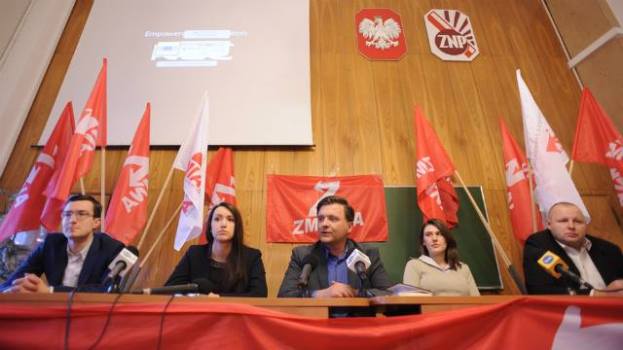
![]() ew Resistance Brazil, or locally known as Nova Resistência (NR), held their first historic congress over the Easter weekend, April 19-21. The monumental event was hosted in Latin America’s largest city of São Paulo and saw NR members from all across this giant country arrive to participate.
ew Resistance Brazil, or locally known as Nova Resistência (NR), held their first historic congress over the Easter weekend, April 19-21. The monumental event was hosted in Latin America’s largest city of São Paulo and saw NR members from all across this giant country arrive to participate.

The Center for Syncretic Studies Research Fellow Paul Antonopoulos made the 950 kilometer (600 mile) journey from Espirito Santo to São Paulo to participate and contribute.
The Congress was opened with a 20 minute video message and support of solidarity from Alexander Dugin, the Russian Philosopher and Political Scientist who explicated that a Fourth Political Theory is emerging. The Center for Syncretic Studies own Joaquin Flores, some four years ago, explicated for the public some of what the Fourth Political Theory may look like, and how it may take hold, in the United States. For further reading, see: The Disintegration of the United States and the Fourth Political Theory: A Brief Overview
Antonopoulos himself transcribed the text into English so it could be orally translated by an NR member into Portuguese. Dugin encouraged NR members to not give up their battle against liberalism and to create a model of the Fourth Political Theory that is suited to Latin America and to find their own philosophers to follow and expand their theories. Of course, when we think of Brazilian philosophers and political inspiration, the immediate names that come to mind are Leonel Brizola and Enéas Carneiro – to be discussed in a future article.





